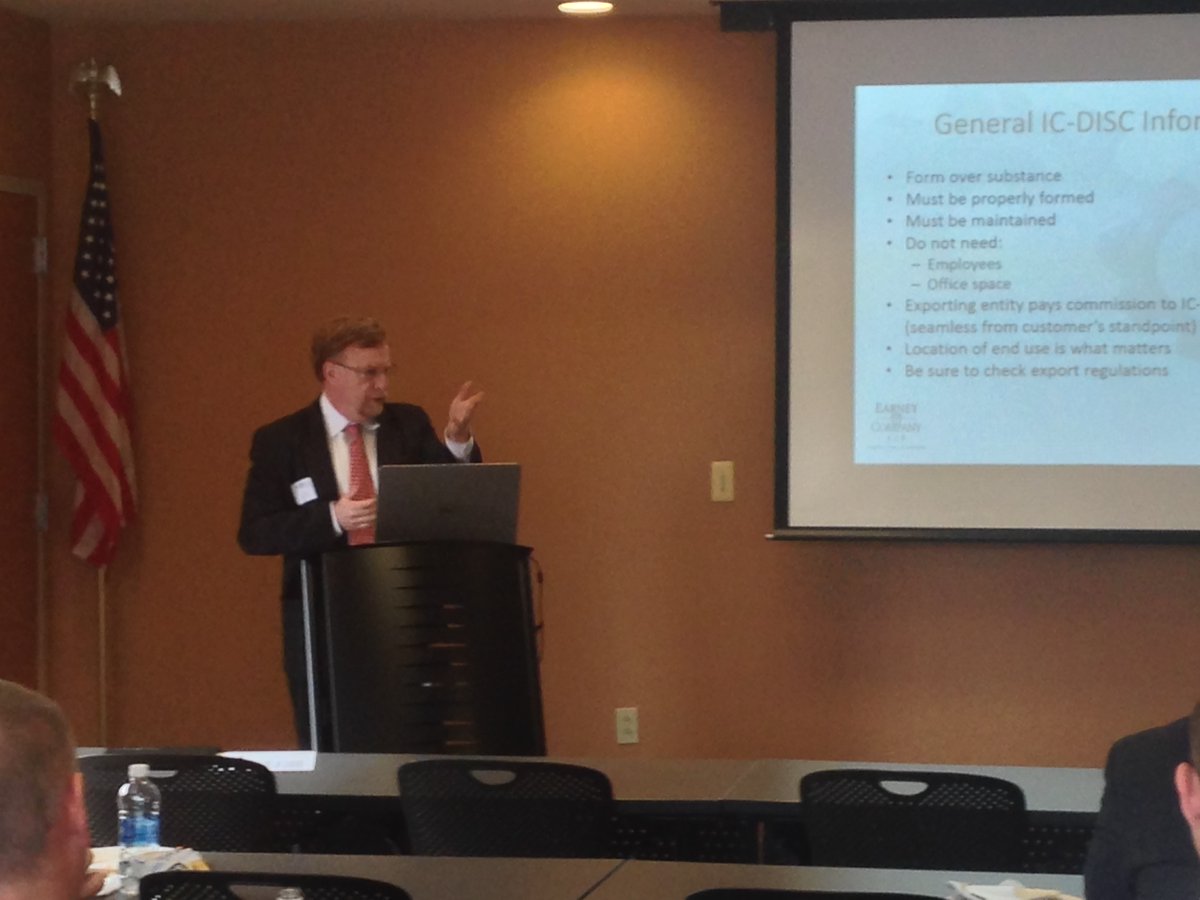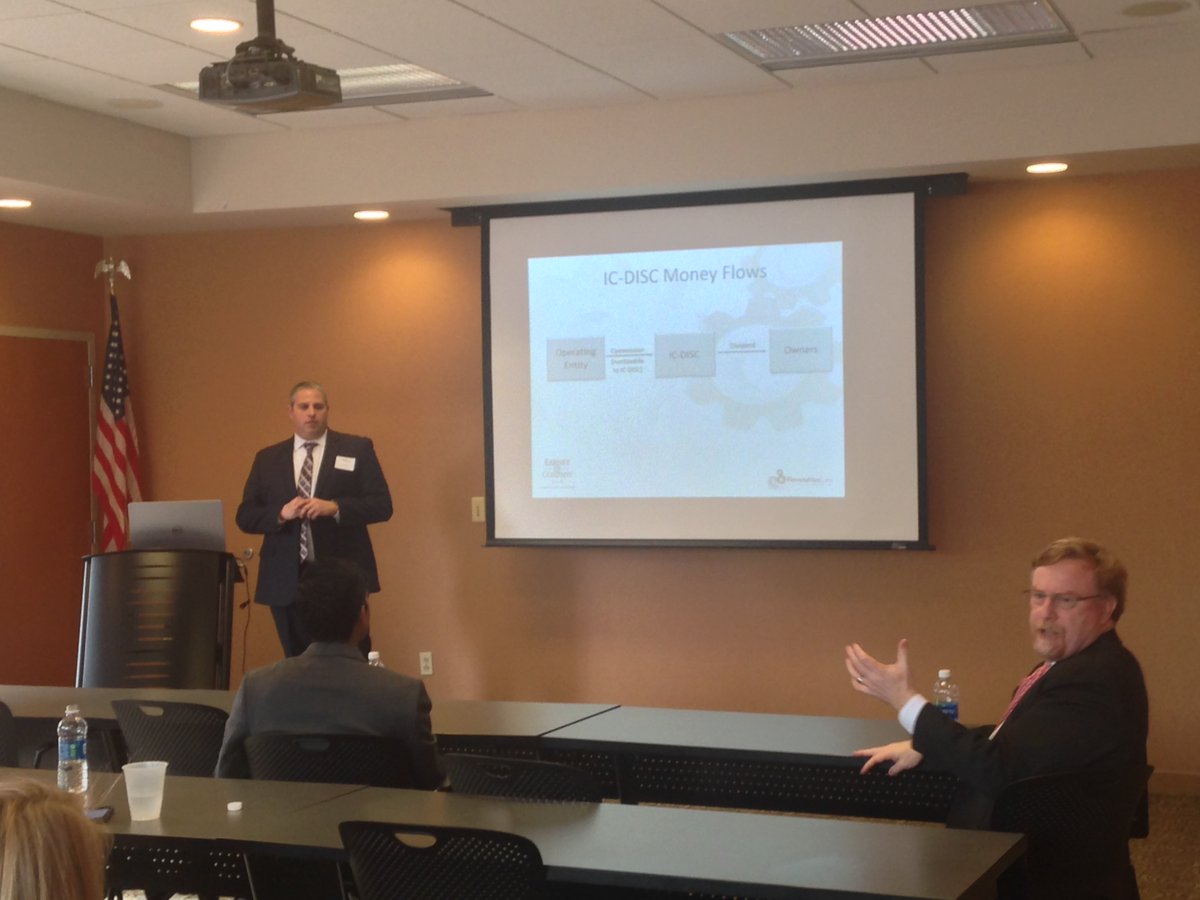So you just finished the last of a series of stressful negotiation sessions and signed a letter of intent for a major transaction that will dramatically enhance your business’ future. Time to celebrate? Unfortunately, not yet because now you have to paper and close the transaction to enjoy the rewards from all the hard work already done. Signing and closing a merger, acquisition, joint venture, licensing agreement, or other strategic transactions involves many moving parts that are often overlooked or not fully understood for their complexity.
In most transactions, the final agreement is not simply one contract drafted and negotiated by the lawyers, and then signed by the parties at closing. A more typical final “agreement” is actually a package of documents that includes the main contract, a long list of schedules and disclosures of items related to the business, employment agreements with key individuals, board and shareholder resolutions, and approvals or consents from third parties. In an ideal situation, the “seller” in the transaction hopefully began preparing for the ultimate closing before negotiations even began. A seller can help to streamline the closing process by preparing and organizing the typically required documents in advance. In the real world, it is often very difficult for small or midsized companies to devote the resources required to prepare this type of information in advance of the final rush just prior to the scheduled closing date.
Retaining the services of professional service providers that are truly value-added professionals is beneficial to support the close of transactions. For example, a value-added attorney should assist you in not just drafting the contracts and handling the legal negotiations but also prepare and guide you through the overall closing process. The closing process is part legal, part business, part negotiating savvy, and a large part project management. Project management is a significant part due to what appears to be an endless number of different agreements that must be finalized, schedules that must be created, approvals or consents from third parties that must be obtained, and corporate approvals that are required. Managing and scheduling the process of completing all of the required documents in a coordinated and timely manner will test the project management skills of both your attorney and your organization.
Using good project management practices like drafting a closing checklist and keeping in mind certain practical and legal considerations before, during, and after closing helps manage the closing process and prevent oversight of any last-minute issues. However, the parties to the transaction and their attorneys should be prepared for and expect any last minute issues, as they are bound to happen in a majority of transactional deals. Most issues can be prevented altogether or the impact of such issues can be lessened through careful advanced planning. Below is a summary of items to consider when planning for the close of your transaction:
1. As simple as this sounds, creating and circulating a consolidated list of the points of contact for each party with their contact information is extremely beneficial. At the very least, the list should include the parties themselves, the opposing counsel and staff, and accountants for both parties.
2. A comprehensive closing checklist is a critical tool to manage the overall closing process. Typically, the buyer’s attorney is responsible for preparing the closing checklist; however, it is not uncommon for the seller’s attorney to prepare the closing checklist. A closing checklist should include: (a) all agreements for the given transaction; (b) any requisite regulatory approvals required for the transaction; (c) transfers/assignments of any permits or licenses; (d) third party consents; (e) payoff letters and lien releases; (f) management certifications; (g) board, shareholder, and/or member consents; (h) closing statement; and (i) certificates of good standing.
3. Be sure to include due dates and assign responsibilities for each item on the closing checklist.
4. Third party consents always take longer than expected to obtain, so be sure to start the process early. Also, it is important to consider the potential business ramifications of requesting a consent to assign a lease or contract with a key customer, so carefully consider the timing and approach before making such request.
5. The parties to the transaction and their attorneys should stay in regular contact regarding the status of items to be completed for closing.
6. Consider whether the closing of the transaction will occur simultaneously with signing the documents or the closing of the transaction will occur at a defined time in the future. While simultaneous closings are cleaner, they are not always practical. When the transaction requires a separate signing and closing date, pay careful attention to how the business is operated and how the risk is allocated during the intermediary period between signing the documents and the actual closing of the transaction.
7. Consider whether the closing will be held in person or virtually. Traditionally, closings were held in person, either at the attorney’s office or at the place of business. Multiple copies of the closing documents were signed and exchanged at this time. Now, technology allows closings to occur virtually with the use of email, phone, wire transfers, and electronic signatures.
8. Don’t forget the Closing Statement! The closing statement is a critical document that shows how the funds and certain debts and credits will be applied at closing. Final payoff amounts and fees may not be available until a few days prior to closing (at best) to a couple hours into the closing day (at worst). It is imperative that the parties understand and prepare for the creation of accounting schedules required in the specific transaction. No matter how skilled your attorney or outside CPA is, running the final inventory, accounts payable, or accounts receivable reports can only be done with timely assistance from management, while management is also dealing with the stresses of wrapping up everything else required for closing.
9. The final steps of signing the documents and transferring funds can range from a celebration to a tense and stress filled environment. Reviewing the process of exchanging the signature pages and how payment will be released in advance can help to ease any tensions. Plans for payment release should be made if the closing occurs after business hours or is too late for a wire transfer to occur that day. Be sure to check with your bank on cut-off times for wire transfers. Problems with releasing payments can cause tremendous frustration and cause the purchasing party to look unprofessional.
10. There are typically at least a few items that occur after the closing. Some common post-closing items are: (a) post-closing filings; (b) valuation adjustments; (c) earnout or royalty calculations; (d) issuing new stock; and (e) public announcements of the transaction.
11. Remember, the “negotiations” are not done just because the agreements are signed and closing has past. It is common that the parties to a transaction will have items and issues pop up after closing. Be prepared to keep negotiating, if and when required.
As a final point, the closing of a transaction is often an inflection point in the relationship between the parties. Prior to the closing, each party is primarily focused on protecting their own interests and getting the best terms for their side in the final agreements. Once the transaction is closed, the parties often have an ongoing working relationship where their success or failure is now tied together. Making this transition from “adversaries” to “collaborators” can often be difficult, especially if the negotiations were difficult. A smooth closing, that also includes an element of celebration, can assist the parties in making this transition, while a poorly organized closing can have the opposite result.
The information contained in this article, and in material referenced within, is intended for informational and educational purposes only, and does not constitute legal, financial, accounting, or other professional advice.













